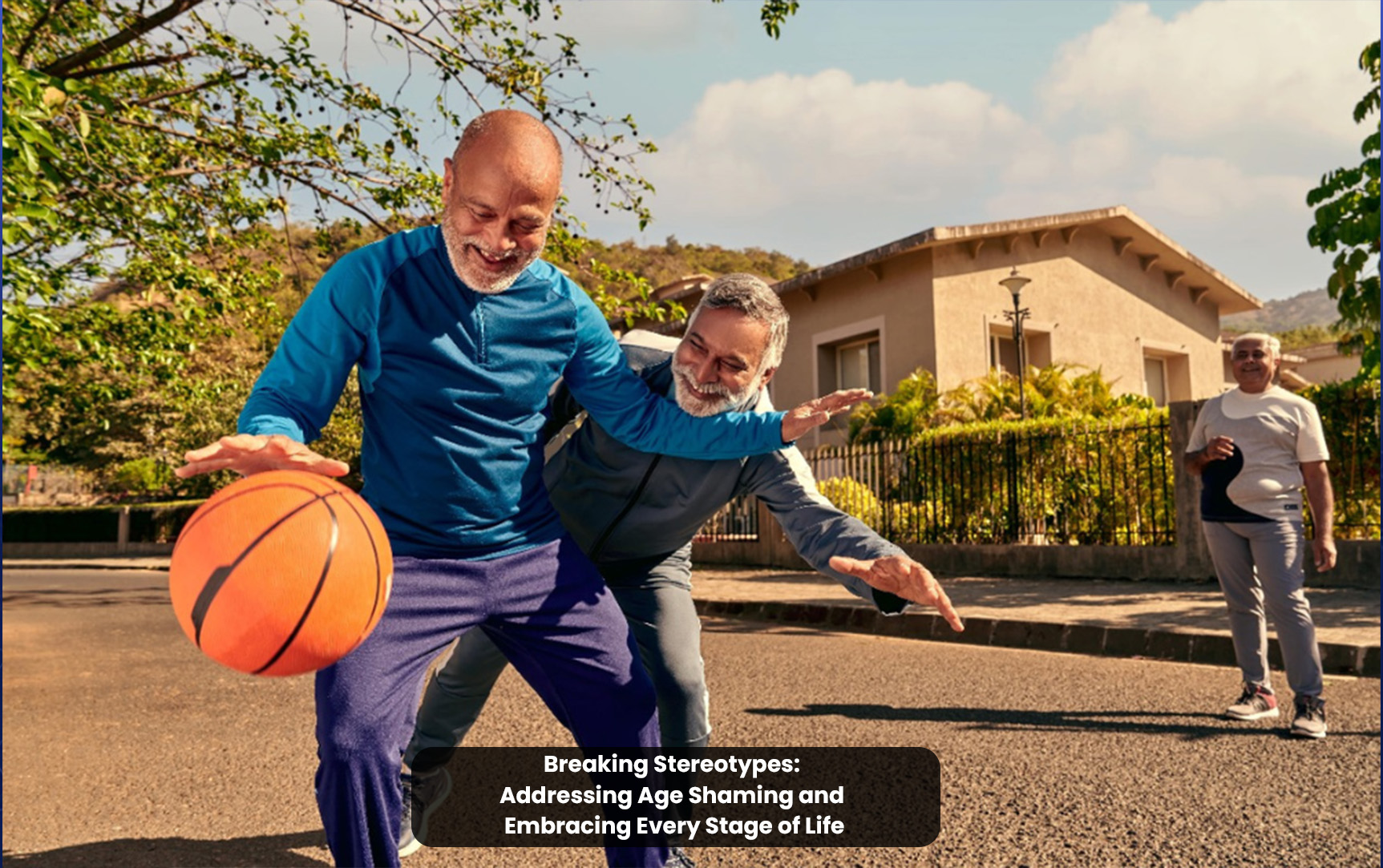
Age shaming is the act of discriminating against or ridiculing someone based on their age. It often involves negative stereotypes about older adults, such as being frail, incompetent, or out of touch.
Age shaming can have a significant negative impact on an individual’s mental and emotional well-being. It can lead to low self-esteem, social isolation, and increased feelings of depression and anxiety.
People may engage in age shaming due to a variety of reasons, including:
To combat age shaming, we need to:
If you’re experiencing age shaming, here are some tips:
Ashiana, Ashiana Housing build homes. Homes surrounded by vast green spaces and fresh breeze. Homes cocooned in secured gated complexes. Homes where futures are forged and there are opportunities to grow. And Homes in environments brimming with healthy activity, trust and respect. At heart, we build communities with care.
Other posts by Ashiana
Join 1000+ of fellow readers. Get expert real estate knowledge straight to your inbox absolutely free. Just enter your email address below.